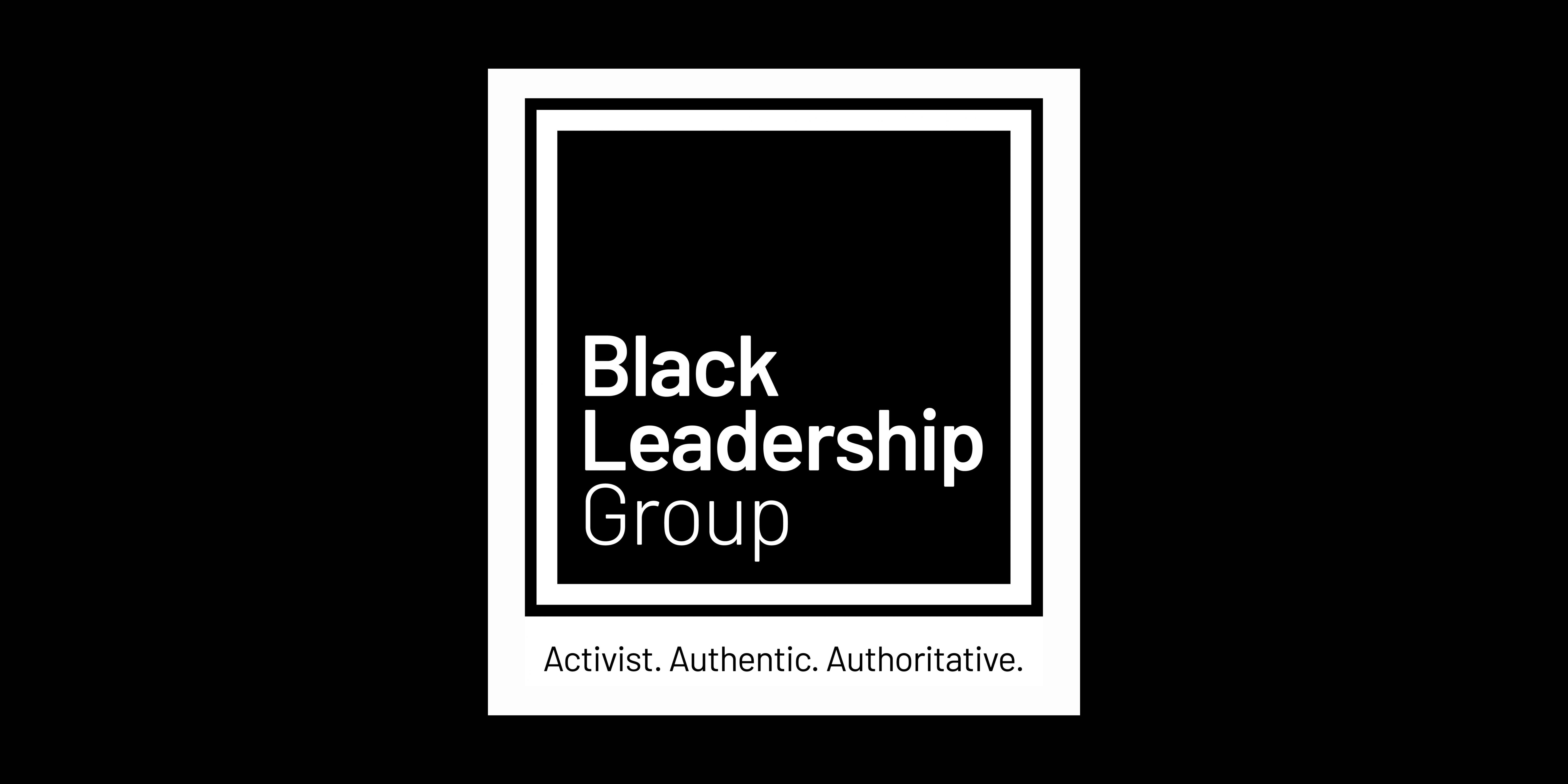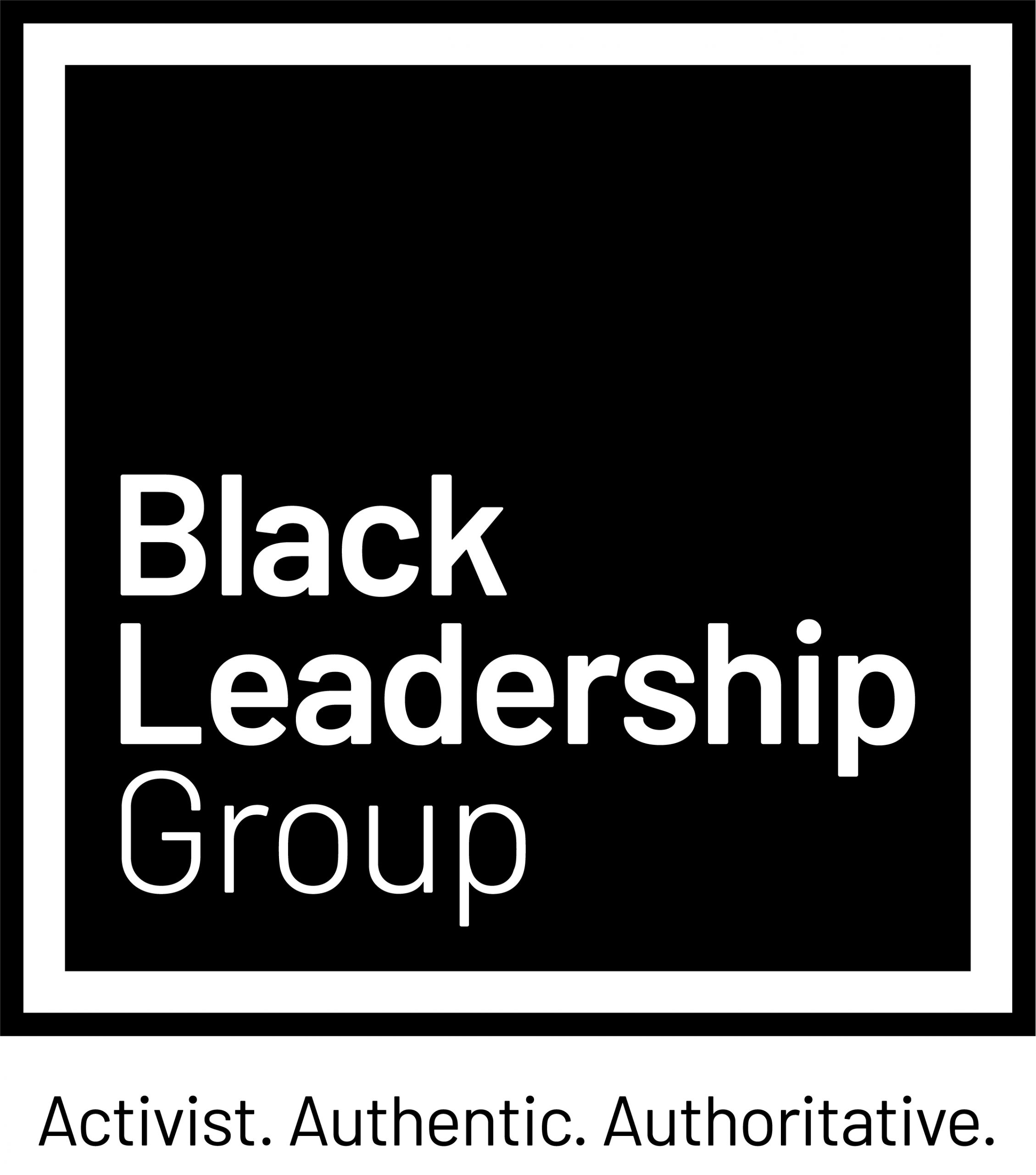
//
The Black Leadership Group (BLG formerly BFELG), and the Education and Training Foundation (ETF) are committed to working together to support an Anti-racist Further Education and Training sector. As part of our shared commitment, ETF partnered with BLG on the recent ‘Symposium report’, a publication that leads Anti-racism in Further Education.
Below Simon Blake OBE shares his experience as an employer and member of the CMI committee on race.
BUILDING ANTI-RACIST WORKPLACE CULTURES: SIMON BLAKE OBE, EMPLOYER, MENTAL HEALTH FIRST AID ENGLAND
I think it is really important that we recognise the different relationships and the different roles and responsibilities that we have. As a white man, as a white chief executive, I recognise the power that I have both within my organisation and more widely.
Right at the heart of any conversation about making sure that this is a movement, not a moment, is recognising the impact of racism and depression on people’s wellbeing and on their mental health. Dr Jason Arday wrote about recognising the trauma and impact caused by racism and I think it’s really important that we recognise the different relationships and the different roles and responsibilities that we have.
Workplace cultures
I am going to talk specifically about workplace cultures and talk about them more generally because I think cultures are absolutely key in both facilitating change within workplaces and facilitating change which will impact on communities and on families as well.
We know that workplace cultures are a combination of systems, structures, resources, power, etc, and that managers and leaders play an absolutely vital role. Even where managers do not believe that there is bias or racism or prejudice within the system or direct racism, if we accept that there is systemic racism, if we accept that there is systemic bias, then we all go into work recognising that this problem is much bigger than any individual. This has been a positive shift in approach which has developed in the past year or two.
It is about being courageous, not perfect. It is about building a culture that is trying new things, and then learning things that we can build on and that we share with each other. It is built on a premise of allyship, collaboration, and the recognition that institutional and systemic racism is pervasive across society. And so, if we start by recognising that, then we do not have to feel worried about naming our own institution as institutionally racist, we do not have to go in with fear.
I think we have to really highlight and talk about racism if we are going to make sure everybody plays their role. So, confidence and courage are critical, for people to be bold, for people to be open and to learn to change. I have learned as a white chief executive, both within my own organisation and with other organisations, that we have significant power and privilege to continually ask questions about all of our systems and processes, to make safe learning environments for others to be able to step into place and change things, try things, do things differently.
And if we are constantly asking the questions ourselves about what we need to do differently, and asking those questions of others, they will then feel confident to ask the questions of the people they work with. This builds and takes time.
Anti-racism plan
We published an ‘Anti-racist’ action plan last year. Before there may have been questions like ‘What does this mean for racism?’ and ‘Have we looked at this through an anti-racist lens?’. But now, in the last few months, people have been proactively coming to us and saying, we have done this, this and this, and when you think about this through an anti-racist lens or through an equity lens, it means X, Y and Z.
So, in building that culture, people are thinking about what they need to do in everyday life, as well as taking action. I worry sometimes that if it just becomes about a set of actions, when the spotlight turns on to something else, then people may stop following them through. So, this is about creating those cultures where everybody is asking these questions of themselves throughout their practice.
At MHFA England, I think we have learned the following: people need to learn that allyship is a ‘doing word’, it is not a state of being, and it is a set of actions which we can all do, however big or small, in every scenario that we are in.
We have also learned that we have to have a robust understanding of race and racism, as well as privilege, and what it means to dismantle racism in organisations. I genuinely believe one of the most important things we can do as white colleagues, is to understand privilege and feel comfortable with the concept of privilege and recognise its impact. We have to understand direct racism, so that people do not classify themselves as ‘good’ and ‘anti-racist’ or ‘not good’, but actually try to really understand the privileges that we all have in different situations and different scenarios.
Building true change
We have learned that you have to learn to understand what a zero-tolerance approach means, and we have defined it as ‘never walking on by’. And again, it is not always punitive, if people are learning, if people are trying to change or people are being courageous in their actions, we have to make sure that we are never walking on by and that we are addressing issues at every single level.
Actions are easy to complete, but building true change requires good data, it requires time, and it requires money. It requires everybody. This is an ongoing movement, it has been a movement, and if we want to make sure it is a not a moment, we have to recognise that we need the money, the time, the consistency and the change, all the way through.
Within my organisation, everybody has an objective to be anti-racist, and in the performance review, there is a conversation about what that will mean, so that people are recognising that this is from me as the chief executive, the chair, the board of directors, right through to people who are working on the front line. And asking the question again, starting to embed it, so it is not a set of instructions, but a set of conversations in which people can start to understand their own learning.
And we have also been talking about the fact that this is a different journey for everybody. We need to be conscious of both the opportunities and challenges of becoming anti-racist.
Whilst many organisations might be waking up to the realities, for many people in many organisations, racism is nothing new. It is an everyday experience. Therefore, when you start talking about racism in the context of an organisational culture, you are also reliving trauma, at the point at which you are trying to make positive change.
Support and challenge
How do we make sure we provide the right support for people who are experiencing racism? How do we manage both white people on their learning journey and black people and people of colour in an organisation that is committed to doing things differently and to creating equity, where experiences of privilege and racism exist within the organisation? Holding, acknowledging and understanding both, feels incredibly important so that we can make progress as we move forward.
Thinking about how we provide the right support and challenge to different people, at MHFA England we have published guidance about supporting people of colour and black people and their wellbeing when doing the work to make sure that that is something that is absolutely at the heart of any change, any initiatives, any organisational cultural change.
Finally, my colleagues at MHFA England have said to us: there has to be an ongoing direct conversation between the board, the chief executive and staff at all levels. This is to make sure that you really understand how it feels, so that the conversation is about how it feels, and what the experiences are and how those are changing, not just about the actions that are being completed.
